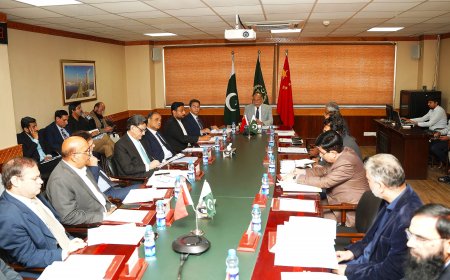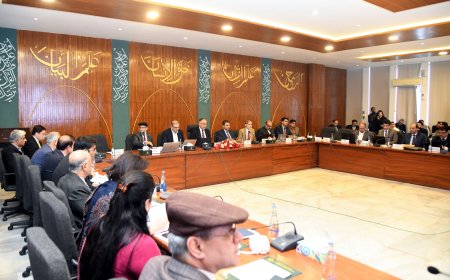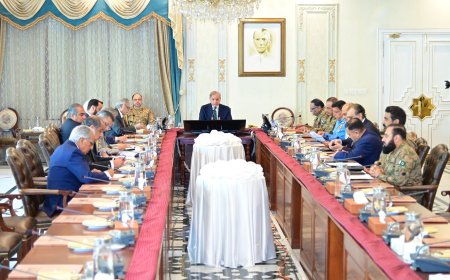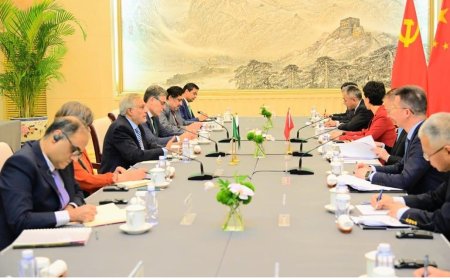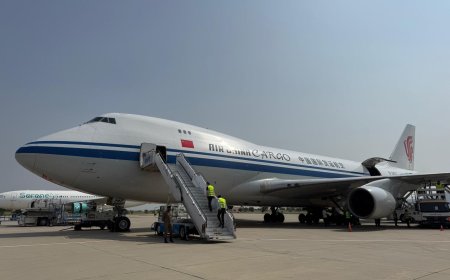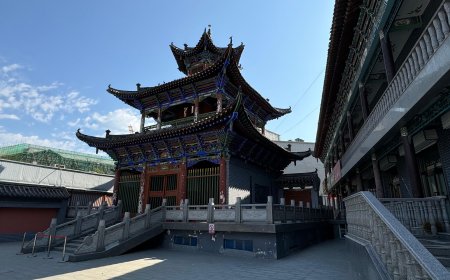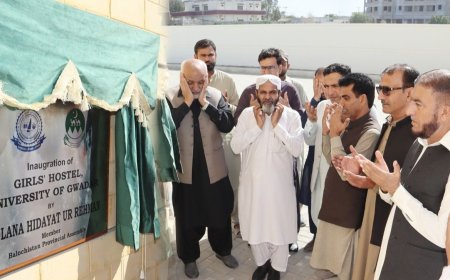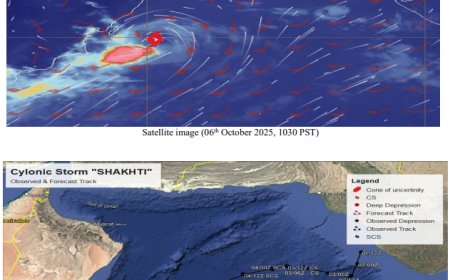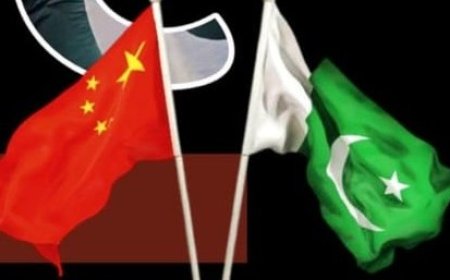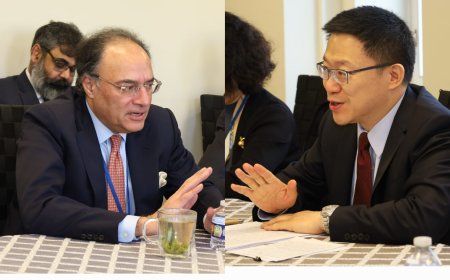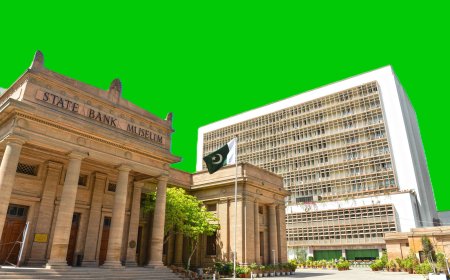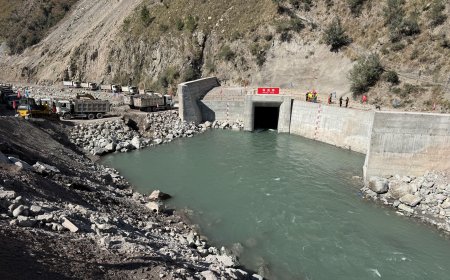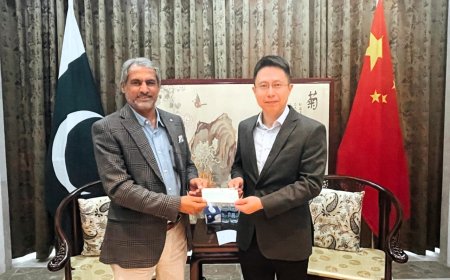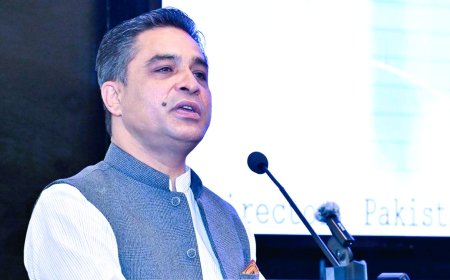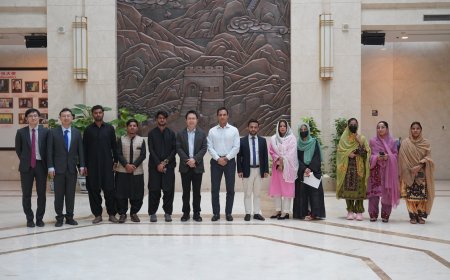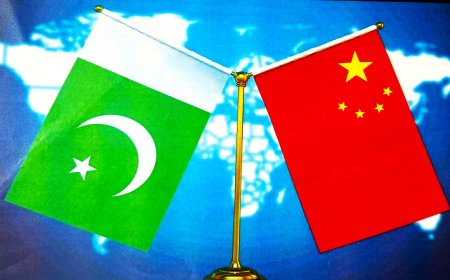Pakistan Shuts Down Wagah Border, Expels Indian Diplomats Amid Kashmir Fallout
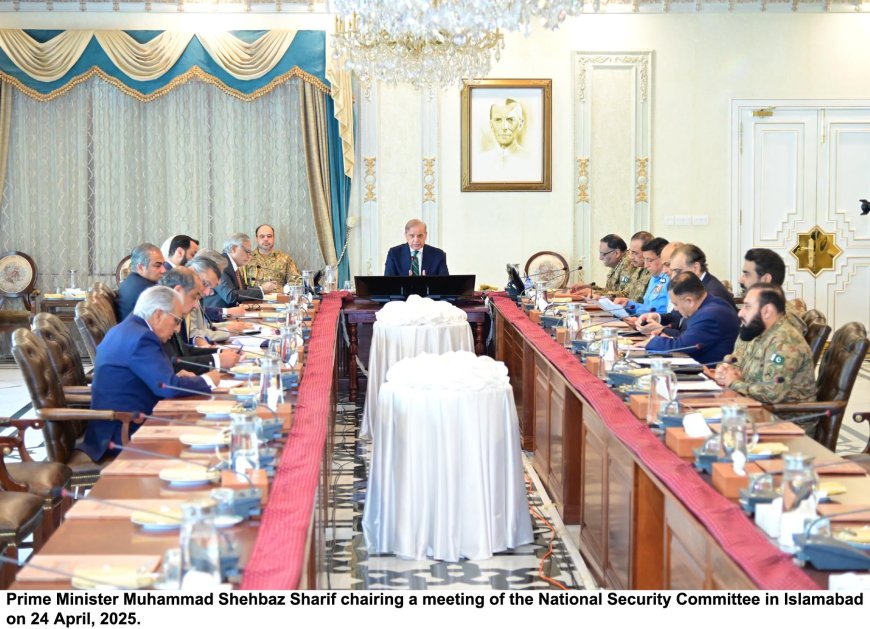
CT Report
ISLAMABAD – In a forceful diplomatic retaliation, Pakistan on Thursday announced the closure of the Wagah Border crossing with India and unveiled a slate of economic, political, and aviation restrictions, escalating tensions between the nuclear-armed neighbors following a deadly attack in Indian-administered Kashmir.
The measures were finalized during an emergency session of the National Security Committee (NSC), presided over by Prime Minister Shehbaz Sharif. The session came just days after an April 22 attack in Pahalgam, Anantnag District, that claimed the lives of over 20 tourists. New Delhi has pointed fingers at Islamabad—a claim Pakistan has flatly denied.
In a strongly worded communiqué, the NSC denounced India’s reaction to the incident as “politically motivated” and legally untenable, asserting that Jammu and Kashmir remains a disputed territory under international law. The committee also condemned ongoing human rights violations in the region, accusing Indian authorities of attempting demographic changes and orchestrating persecution against Muslim communities.
The Pakistani leadership rebuffed any suggestion of involvement in the Pahalgam attack, calling the accusations “baseless” and part of a broader campaign to malign Pakistan. Officials further cited past instances of alleged Indian interference, including the high-profile case of Indian naval officer Kulbhushan Jadhav, currently in Pakistani custody on charges of espionage and sabotage.
Declaring a robust response across all fronts, the NSC announced the immediate suspension of the Wagah Border crossing and halted all forms of cross-border movement. Visas issued under the SAARC Visa Exemption Scheme were revoked for Indian citizens, except for Sikh pilgrims visiting religious sites.
Pakistan also declared India’s military attachés in Islamabad persona non grata, ordering their exit by the end of April. The Indian High Commission will see its staff reduced to 30 members, while Pakistan’s airspace has been closed to Indian-owned and Indian-operated aircraft.
Trade relations took a hit as well, with Islamabad announcing a total freeze on bilateral trade—including indirect trade via third countries—and an indefinite suspension of all standing agreements with New Delhi.
Tensions further escalated over India’s declaration to halt provisions of the Indus Waters Treaty, a historic water-sharing pact brokered in 1960. Pakistan labeled the move “an act of provocation” and warned that tampering with river flows could be interpreted as a casus belli.
In its closing remarks, the NSC reiterated Pakistan’s commitment to peace but warned against miscalculations. “We are a peace-loving nation,” the statement read, “but our sovereignty, security, and the rights of our people are non-negotiable.”
What's Your Reaction?







